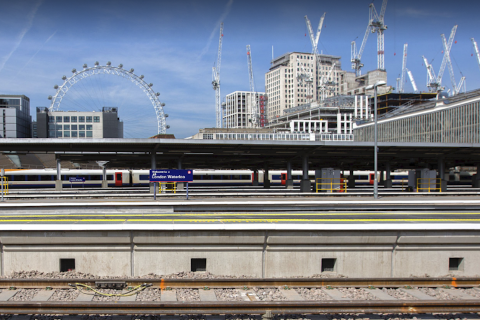Eurostar and five more operators join the Agreement on Journey Continuation: what does it entail?

Six new railway undertakings, including Eurostar, have or will soon join the Agreement on Journey Continuation (AJC). This multilateral agreement between European operators supports international rail passengers in reaching their final destination after they miss a booked connecting train due to delay or cancellation of a previous train. What does the agreement mean exactly, and does it go far enough to improve the situation for passengers?
Want to read more?
You have read all of your free premium articles for this month. Please become a subscriber to keep reading.
Subscribe now!
Take advantage of our exclusive offer to get full access to all premium content.





When we created Air Black Box with a group of airlines, we provided something called NFO for Next Flight Out. The rail companies have to do a better job in working together. No excuses. Exchangeable tickets and common agreements. Otherwise, the regulators WILL make you. UIC has existed for 101 years. Time to do something.
The limitation to “the next available train with the same carrier” is certainly a disadvantage if more then one carrier operate on the same route, e.g. if the scheduled connection with carrier A linking to a train of carrier B is missed, but the next connection would be with carrier C. This becomes more significant for longer pauses between trains of one carrier, e.g. if a connection to the last daytime train was missed and the next train is run by a different operator of night trains.